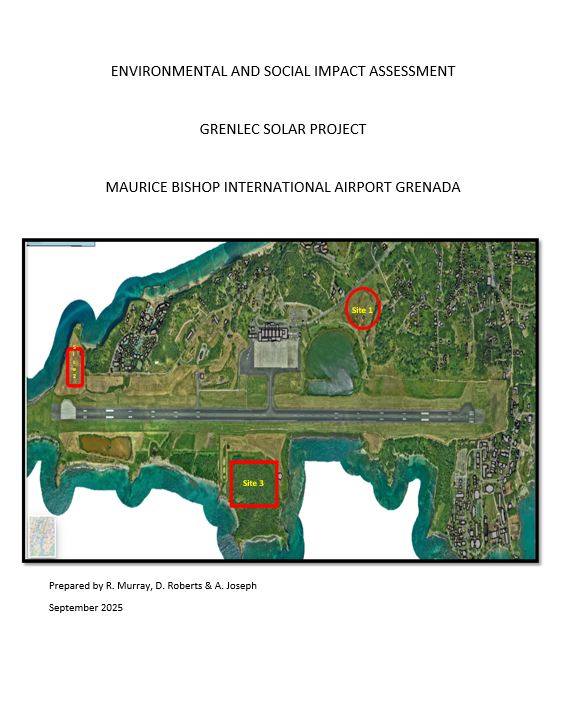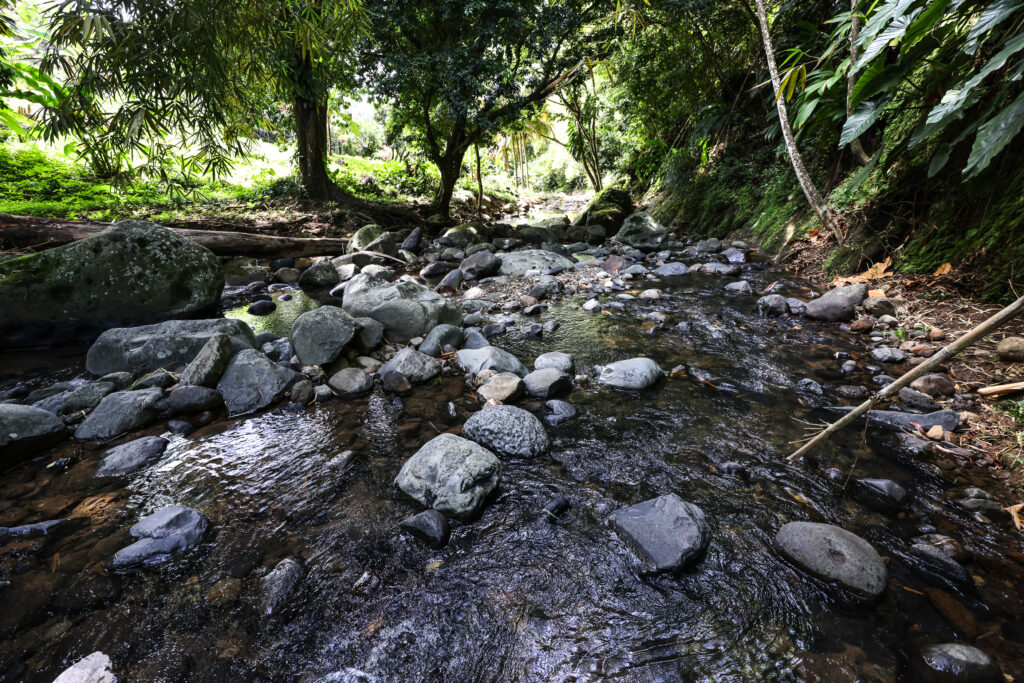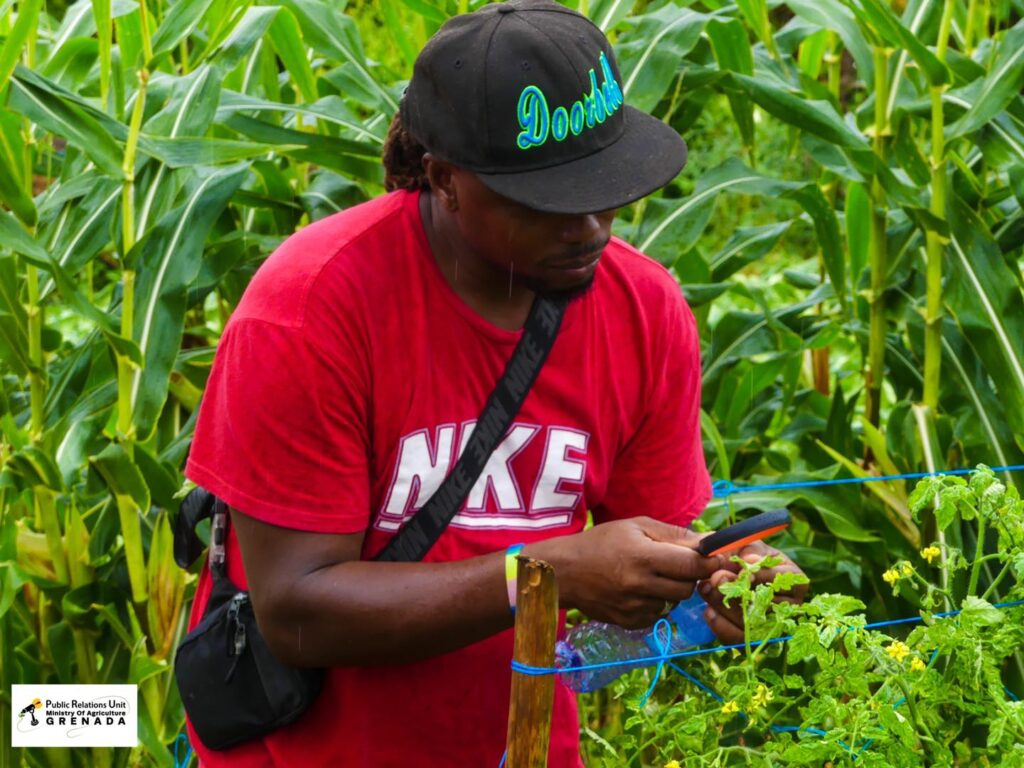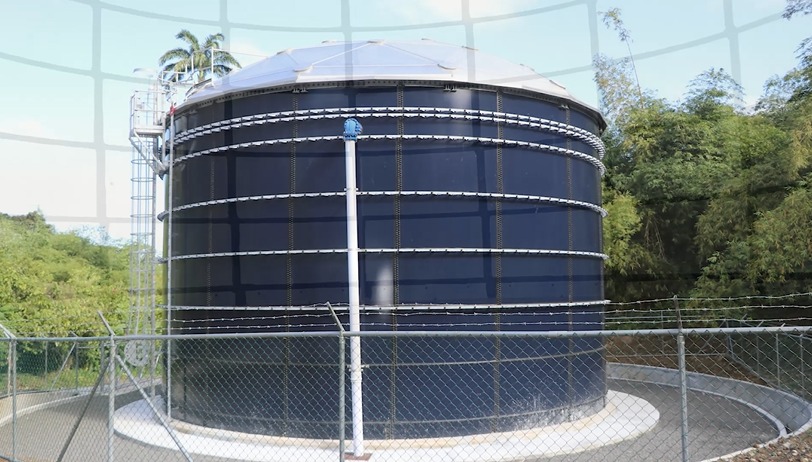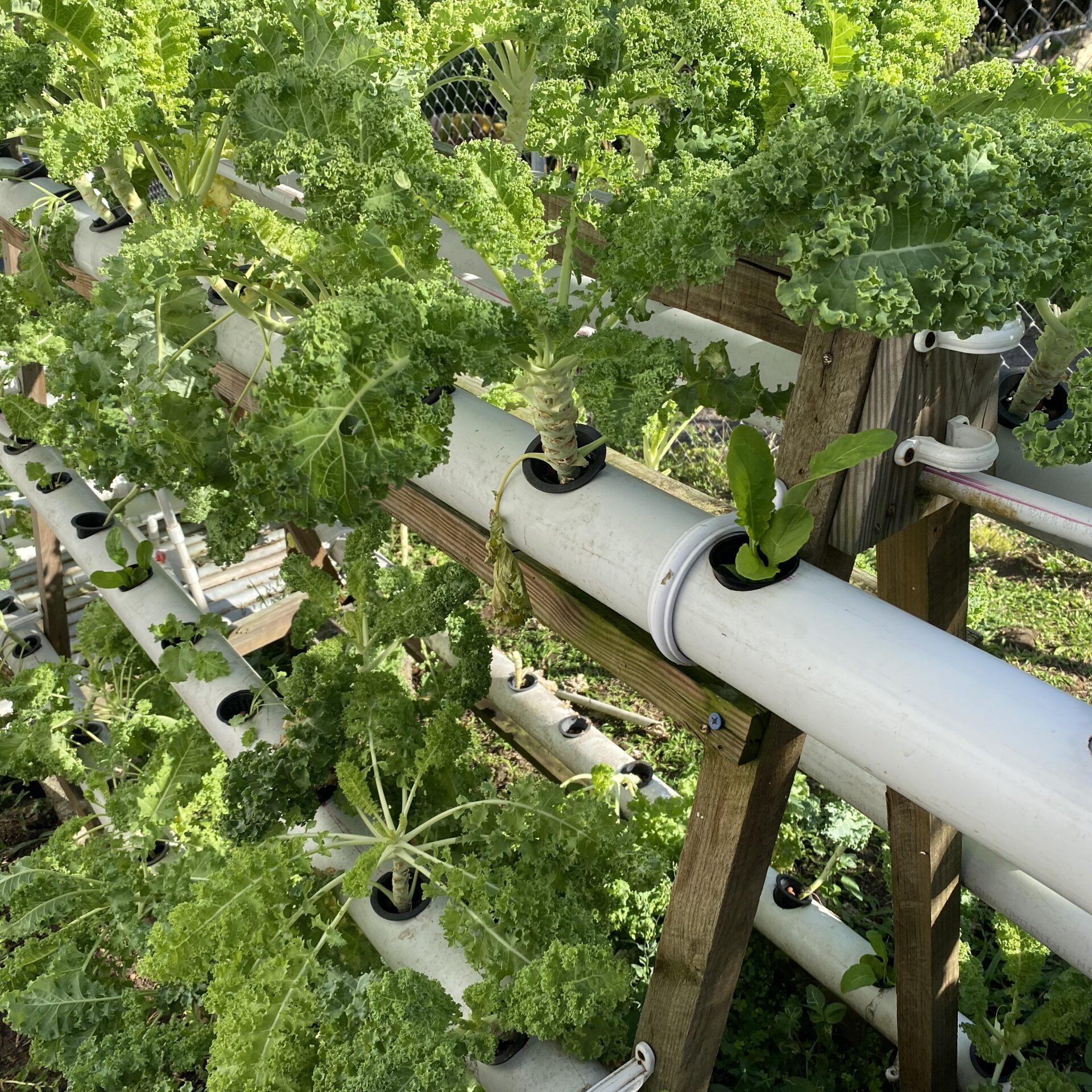
Challenges and Opportunities
Grenada, like many Small Island Developing States (SIDS), is increasingly vulnerable to the impacts of climate change, particularly in relation to food security. As the nation faces rising temperatures, changing rainfall patterns, and increasing frequency of extreme weather events, the agriculture sector and food systems have been placed under immense stress.
Challenges
- Extreme Weather Events: Hurricanes, tropical storms, and droughts pose significant threats to crop production and livestock. The devastation caused by Hurricanes Ivan in 2004, Emily in 2005 and Beryl in 2024 demonstrated the vulnerability of Grenada and Carriacou’s agriculture sector.
- Shifting Rainfall Patterns: Erratic and unpredictable rainfall disrupts planting and harvesting schedules, affecting yields.
- Soil Degradation and Erosion: Poor farming practices and increased rainfall intensity have led to soil degradation, which limits productive capacity.
- Pests and Diseases: Climate change has created favorable conditions for the proliferation of pests and diseases, further endangering crop yields and food security.
- Dependency on Imports: Grenada imports a significant portion of its food. Climate change-induced disruptions in global supply chains could worsen food insecurity if local production fails to meet demands.
Opportunities
- Climate-Resilient Crops: Investing in crops that are more resistant to drought and other climate impacts, such as root crops and certain legumes, can help enhance food security.
- Agro-ecology and Sustainable Farming: Promoting sustainable farming practices, such as organic farming and permaculture, can mitigate soil erosion, conserve water, and build climate resilience.
- Agricultural Innovation: Technologies such as climate-smart agriculture, drip irrigation systems, and improved weather forecasting can improve productivity and reduce climate vulnerability.
- Diversification: Broadening agricultural activities, including agro-forestry and aquaculture, offers opportunities to build resilience and increase food production.
Sector's Governance
The governance of Grenada’s food security and agriculture sector is led by the Ministry of Agriculture, Lands, Forestry, and Fisheries. The Ministry is responsible for overseeing agricultural policies, managing land and water resources, and supporting farmers in developing sustainable and climate-resilient practices. Key governance initiatives include:
- Climate-Smart Agriculture Programmes: The Ministry has partnered with regional and international organizations to promote climate-smart agricultural practices that help farmers adapt to changing climatic conditions.
- Extension Services: The government provides farmers with technical advice, including on pest management and sustainable land use.
- Farmers’ Associations: Local organizations and cooperatives play a critical role in improving governance by promoting the interests of farmers and facilitating access to markets, knowledge, and resources.
Policy Framework
Grenada’s policy framework for food security is shaped by several national and regional plans, including:
- Grenada National Adaptation Plan (NAP): This strategic document addresses the impacts of climate change on food security by promoting resilient agricultural practices and sustainable resource management.
- Food and Nutrition Security Policy and Action Plan (FNSP): The FNSP is aimed at improving the availability, accessibility, and utilization of nutritious food through local production and improved trade mechanisms. It emphasizes the need for resilience to climate impacts.
- National Agricultural Policy: This policy seeks to diversify the agricultural sector, improve market access, and enhance food security. It also focuses on sustainable land management and climate adaptation.
- Climate Change Adaptation and Mitigation Policies: Grenada’s Climate Resilience Execution Agency (CREAD) helps develop frameworks for climate adaptation, including the enhancement of agricultural resilience.
Regional and International Agreements
Grenada is a signatory to several regional and international agreements aimed at improving food security and climate resilience. These include:
- CARICOM Regional Food Security Plan: As a member of CARICOM, Grenada participates in the regional food security agenda, which aims to reduce the region’s reliance on imports and enhance local food production.
- OECS Agricultural Policy: The Organisation of Eastern Caribbean States (OECS) promotes regional cooperation on agricultural development, including shared resources for climate resilience and disaster preparedness.
- United Nations Framework Convention on Climate Change (UNFCCC): Grenada is actively engaged in global climate change negotiations and commitments, which influence national policies on food security and climate adaptation.
- CARICOM Climate Change Centre (CCCCC): This institution provides technical support and regional frameworks for implementing climate resilience strategies, including for the agriculture sector.
Economic Review of the Agriculture Sector
The agriculture sector in Grenada has seen a steady decline in its contribution to Gross Domestic Product (GDP), currently accounting for approximately 5-6% of the national economy. However, it remains a crucial sector for rural livelihoods, employment, and food security.
- Agricultural Exports: Nutmeg, cocoa, bananas, and fish are Grenada’s primary agricultural exports. However, these are highly vulnerable to climate change.
- Import Dependency: Grenada imports about 70% of its food, contributing to high food prices and making the country vulnerable to external shocks. Improving local food production could reduce dependency and enhance resilience.
- Investment in Agriculture: There is a need for increased investment in the sector to improve infrastructure, irrigation, and technology to mitigate the effects of climate change. Government and private sector partnerships are essential for stimulating growth.
- Rural Development and Livelihoods: Agriculture is still a major source of income for rural communities. Strengthening food systems through improved agricultural practices and climate resilience could provide economic benefits and reduce poverty in these areas.
In conclusion, Grenada’s food security faces significant threats from climate change, but there are also opportunities for adaptation and growth. Through effective governance, strategic policies, and regional collaboration, Grenada can build a more resilient food system that enhances local production, reduces import dependency, and strengthens the agricultural economy.

